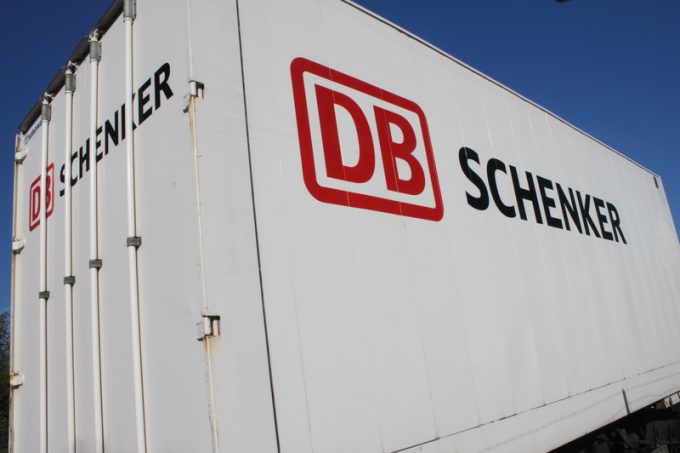Congestion at Chittagong as boxes pile up on docks and ships wait at anchor
Bangladesh’s main container gateway, Chittagong port, is grappling with severe congestion and vessels backing up, ...

Amid a possible ownership change, DB Schenker is looking to make greater inroads into the Indian market, as its economy expands and it emerges as an Asian sourcing alternative to China.
Hitendra Mankani, chief commercial officer at DB Schenker India, told The Loadstar the company ...
CMA CGM South Korean staff strike over bonuses after bumper 2024 profit
MSC switches two more Asia-Europe port calls from congested Antwerp
CMA airline returns two freighters, while ANA takeover of NCA looms
Nightmare for Bangladeshi exporters as congestion and tariffs bite
Tradelanes: Export boom in Indian sub-continent triggers rise in airfreight rates
Carriers introduce surcharges as congestion builds at African ports
Ports and supply chain operators weigh in on funding for CPB
Box ship overcapacity threat from carrier appetite for new tonnage

Comment on this article